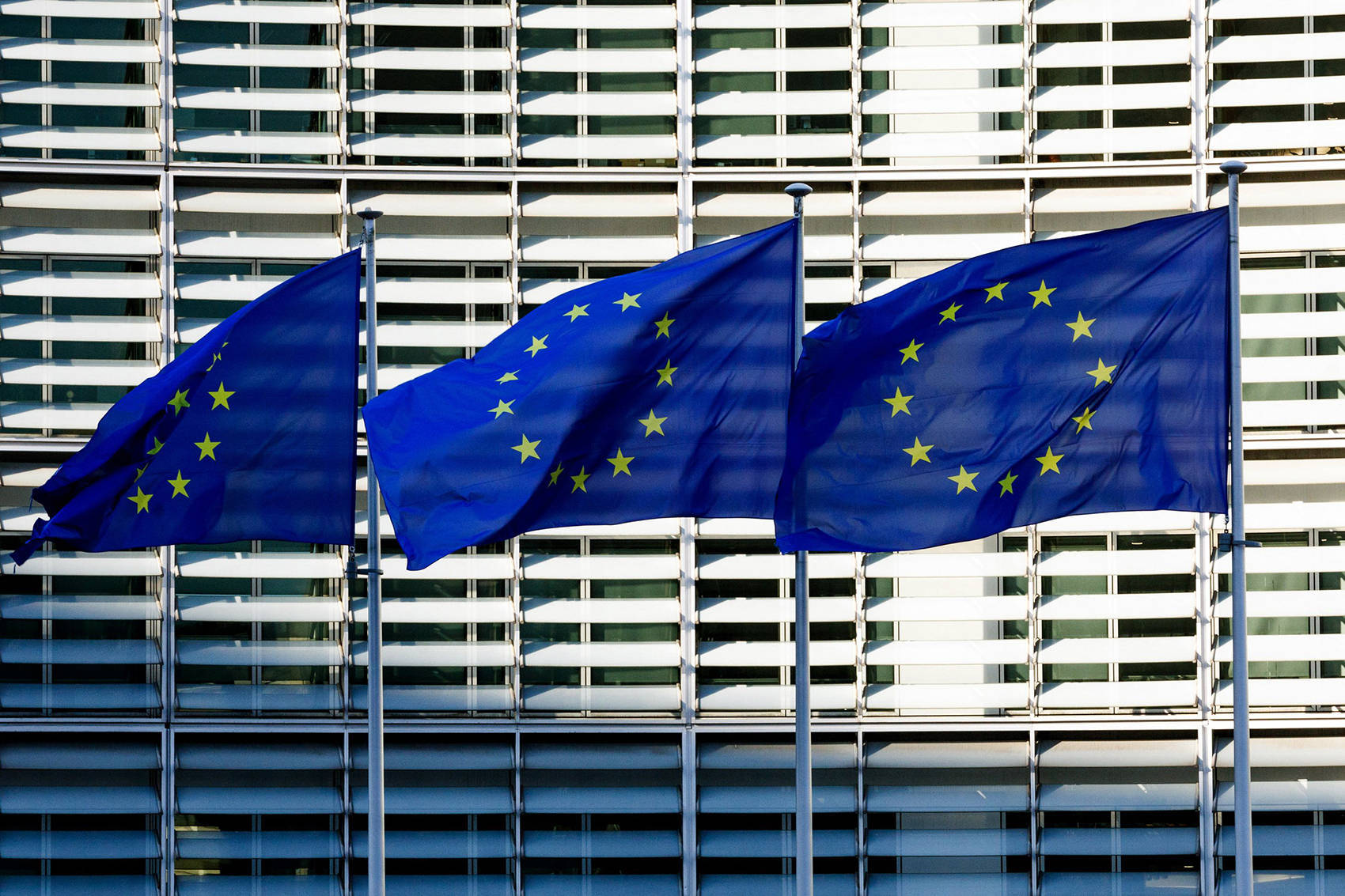
Recently, the news of the UK-US tariff trade agreement has stirred up waves in the global economic arena. The content of the agreement includes the reduction of automobile tariffs and the exemption of aircraft parts from tariffs. Influenced by this, the US stock market has rebounded nearly 15% for three consecutive weeks, and the sentiment in the global market has also eased. However, the underlying impacts of this agreement deserve in-depth analysis.
On the surface, the UK-US agreement seems to be a positive signal in the process of economic globalization. The reduction of automobile tariffs is undoubtedly a significant benefit for British automobile export enterprises. For a long time, the British automobile industry has faced numerous challenges in the international market, and high tariffs have restricted its share in the US market. The reduction of tariffs this time will make British automobiles more price-competitive in the US market, which is expected to drive the development of related industrial chains, increase employment opportunities, and boost economic growth. The exemption of aircraft parts from tariffs will help the aviation industry reduce costs, improve operational efficiency, and further consolidate the leading position of the UK and the US in the global aviation field.
However, upon closer examination, this agreement may just be a new means for the United States to pursue economic hegemony. The United States has long adhered to the "America First" policy in international trade, and by setting up trade barriers and launching trade wars, it attempts to safeguard its own economic interests. Reaching an agreement with the UK this time is likely a move to fragment the global trade pattern. Taking advantage of its huge market size and economic strength, the United States has forced the UK to make many concessions in the agreement, such as expanding the import of American agricultural products. This will not only potentially impact the domestic agriculture of the UK but also squeeze other agricultural product exporting countries and disrupt the balance of global agricultural trade.
From the perspective of the global market, although the US stock market has rebounded significantly in the short term, the long-term impact of this agreement on the global market remains uncertain. On one hand, the agreement may trigger other countries to follow suit, leading to the fragmentation of global trade rules. In order to strive for their own interests, countries have successively engaged in bilateral negotiations with the United States, which undermines the multilateral-based world trade system. This fragmented trade pattern will increase trade costs, reduce the efficiency of resource allocation, and hinder the healthy development of the global economy.
On the other hand, the unilateral behavior of the United States in the field of trade may provoke countermeasures from other countries. When the United States gains unfair advantages through bilateral agreements, other countries may respond with similar measures, thus causing trade frictions to escalate. This will not only disrupt the global trade order but also potentially push the global economy into a recession.
The UK-US tariff trade agreement has brought positive signals to the market in the short term. However, in the long run, the risks of economic hegemony and trade fragmentation hidden behind it may pose greater challenges to the global economy. The international community needs to stay vigilant and jointly safeguard a fair, just, and open multilateral trade system to avoid being dragged into a trade quagmire by the unilateral behavior of the United States. Only in this way can the global economy achieve sustainable development, and all countries can achieve common prosperity on the basis of mutual benefit.

Driven by the Trump administration's push to relax financial regulations and the recovery of investment banking business, the market value of the six major banks in the United States has cumulatively increased by approximately 600 billion US dollars by 2025.
Driven by the Trump administration's push to relax financia…
On Christmas evening, U.S. President Trump posted on social…
According to multiple foreign media reports, the recent fin…
The middle class, once regarded as the cornerstone of Ameri…
On December 19th local time, the US military launched a lar…
The Boxing Day sunshine should have cast a false glow of pr…